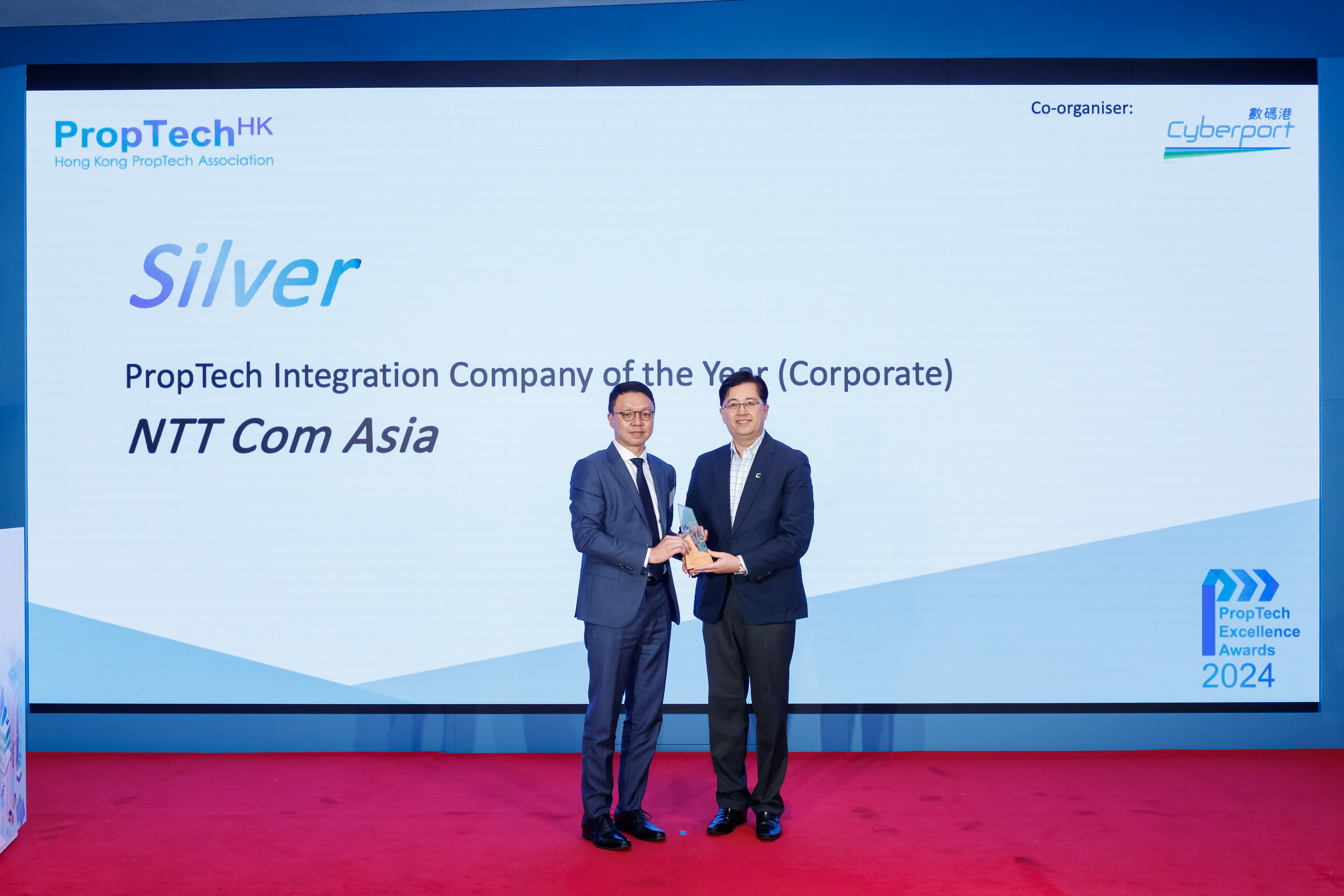

Kirsten Whitehead, Partner, QIC Infrastructure spoke on the opening keynote panel “Embracing Infrastructure’s Key Strengths in a Challenging Environment” which focused on finding relative value, the importance of partnerships, value preservation and value creation.
She described the need to bolster asset resilience to climate risk as not just prudent but ‘pivotal’ for sustainable progress, and emphasised Australia’s compelling energy transition landscape.
“Australia is an attractive infrastructure investment destination with a stable and open economy, rich in critical minerals, good trade ties, and a pipeline of attractive infrastructure investment opportunities,” said Ms Whitehead. “With portfolio companies including some of Australia’s leading renewable energy and sustainable off grid power solutions businesses, we have an important role to play in Australia’s energy transition which will need to be delivered through a decentralised solution.”
On the panel, Ms Whitehead also mentioned that significant opportunities lie in the intersection between decarbonisation and other key thematics such as decentralisation and digitisation. “When considering these opportunities in an Australian context, they converge to shape an enormous opportunity set.”
Arash Shojaie, Senior Principal, QIC Infrastructure also shared insights on a panel called “Investing in Energy: Opportunities in Infrastructure created by the Transition” which covered macro impacts such as deglobalisation on the energy transition agenda and decarbonising the economy beyond just renewables.
“Advances in renewable energy and storage technologies have led to an evolution of the electricity ecosystem with a range of investment opportunities from renewable energy generation to transmission, ancillary infrastructure services, storage, distribution, consumer needs, electric transport and more,” said Mr Shojaie on the panel. “The primary challenge is how we combine and sequence the available technologies and applications that enable the energy transition; and how policy makers and capital allocators bring these elements together.”
Other topics that arose during the summit included funding the energy transition. As companies and governments around the world set ambitious targets for carbon reduction, one of the main hurdles to achieving these goals is securing financing. For this reason, the global shift to renewable energy is one of the most important themes driving new deal flow for QIC’s direct infrastructure lending programme.
In addition, the relative value of junior infrastructure debt is currently attractive given its performance in the macro environment and the considerable level of transaction activity occurring across refinancing, growth capex requirements and M&A activities.
QIC deploys a thematic infrastructure investment strategy, focusing on the key themes of decarbonisation, deglobalisation, decentralisation and an ageing population. Its sector-centric investment focus is on Energy and Utilities, Transport and Social and Healthcare.





